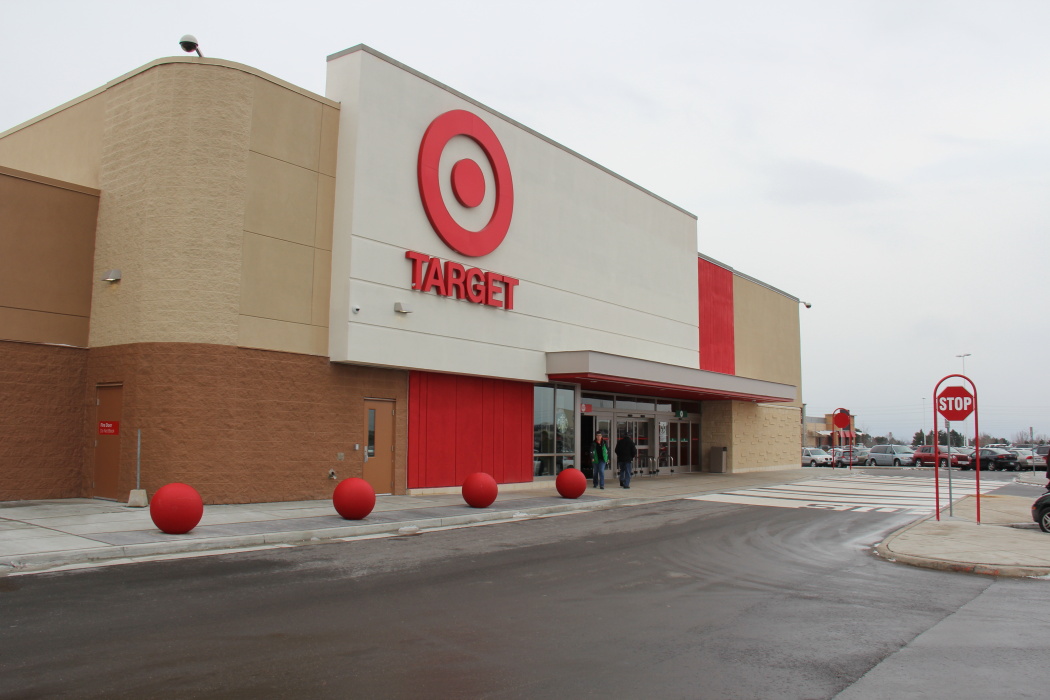Target CEO Steps Down 2026
By Asmita - Aug 20, 2025
Target Corporation's CEO, Brian Cornell, steps down amidst declining sales and customer dissatisfaction. Michael Fiddelke, the current COO, will succeed him as CEO, aiming to address operational issues and regain customer loyalty. The CEO change follows backlash over scaled-back Diversity, Equity, and Inclusion initiatives and challenges in retail execution, including empty shelves and long wait times. Fiddelke plans to refocus Target's strategy, improve operations, and leverage its strengths to navigate through the retail landscape's changes.

Robert T Bell via Wikimedia commons
Target Corporation's longtime CEO ,[object Object], announced his decision to step down, effective February 1, 2026, as the retailer faces ongoing challenges with declining sales and customer dissatisfaction. Cornell, who has led the company since 2014, will transition to the role of executive chair of Target's board of directors. The announcement comes at a time when Target reported a 0.9% drop in sales for the second quarter of 2025 compared to the previous year, marking the third consecutive quarter of sales decline. Concurrently, Target's stock fell over 10% in premarket trading, reflecting investor concerns about the company's performance and outlook. The retailer's Board of Directors has unanimously chosen ,[object Object],, a 20-year company veteran and current Chief Operating Officer, to succeed Cornell as CEO, pressing on the need for a strategic turnaround to regain customer loyalty and market share.
The CEO change is tightly linked to growing customer backlash and operational struggles that have dogged Target since early 2025. The company faced intense criticism and consumer boycotts after it scaled back its high-profile ,[object Object],, ,[object Object],, and Inclusion (DEI) programs, including the REACH initiative and the Supplier ,Diversity, program. This rollback, interpreted as a response to political and shareholder pressures, ignited public protests, caused major partnerships like the Twin Cities Pride Festival to sever ties, and even triggered shareholder lawsuits alleging nondisclosure of risks associated with the DEI retreat. These shifts profoundly affected Target’s reputation, leading to a significant drop in store traffic—down 7.9% year-over-year in the first quarter—and increased employee turnover within DEI-related roles. The boycotts and backlash coincided with a 12% plunge in Target’s stock value at that time.
Beyond the backlash related to DEI initiatives, Target has struggled with basic retail execution, which has compounded customer dissatisfaction and driven shoppers away. Retail analysts and industry insiders have pointed to poorly managed store conditions such as empty shelves, understocked essentials, messy layouts, and long wait times at registers as critical issues. Photographic evidence circulated on social media highlighted these problems, damaging customer trust further. Industry veterans visiting Target locations observed deficient operational standards, including empty shopping cart corrals and poorly maintained stores, which contribute to perceptions that Target is not prioritizing customer experience. Analysts warn that these foundational problems must be addressed immediately if Target wishes to return to profitable growth and avoid further erosion of its customer base.
Target’s leadership transition is a strategic move amid these turbulent times, with ,Michael Fiddelke, expressing a strong commitment to reset the company’s direction. Fiddelke, known for his extensive experience across merchandising, finance, operations, and human resources, acknowledges that Target is not currently realizing its full potential. He has emphasized a clear and urgent need to refocus the company’s strategy, improve core operations, and rebuild momentum by leveraging assets and capabilities that have historically made Target a preferred shopping destination. The change at the helm reflects both a response to the external challenges posed by the evolving retail landscape and the internal call to restore Target’s competitive edge as shoppers increasingly favor value and efficiency.


